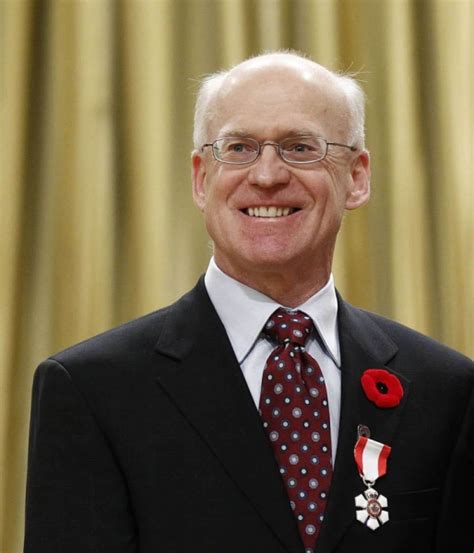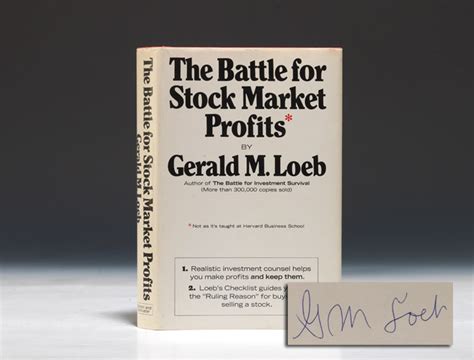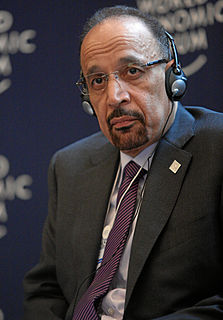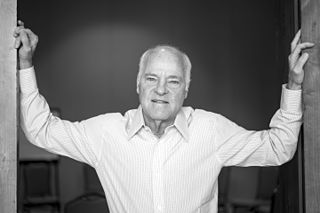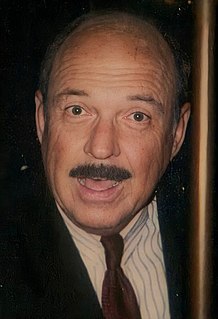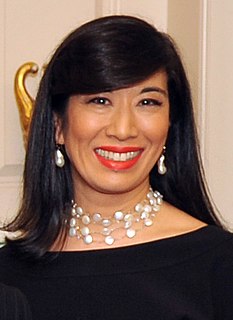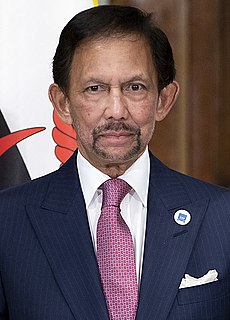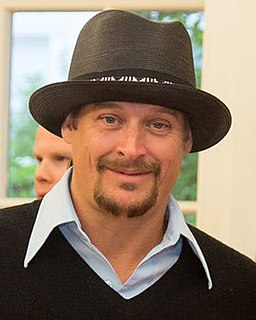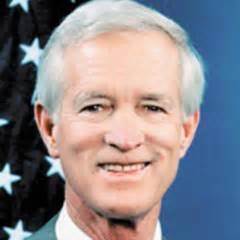A Quote by Gwyn Morgan
If I were investing in oil and gas stocks, there is one question I would ask CEO's: What portion of your capital is going to have to go in to stay even
Related Quotes
The development of oil and gas resources depends more on capital than labour, and exporting oil and gas neither generates maximum returns from these precious resources nor creates large numbers of jobs within the local economy. As a result, the benefits are typically not shared broadly across society.
Venezuela has the biggest oil reserves in the world. And the biggest gas reserves in this hemisphere, the eighth in the world. Venezuela was a U.S. oil colony. All of our oil was going up to the north, and the gas was being used by the U.S. and not by us. Now we are diversifying. Our oil is helping the poor.
I do not remember when I said this [oil production would collapse ], maybe in the heat of the moment, but I do not think I even said it, but I may just not remember it. I was saying that at a certain level of oil prices new deposits will not be explored. That is what is actually happening. However, surprisingly, our oil and gas workers [mainly oilmen] continue to invest.
When you go to a voice-based interaction, you can't tell people, 'Ask me this question and structure it in this way.' And if they ask a question, and you have a bad answer, first time, maybe they'll be okay with it. Third time, they're going to say, 'This is a complete waste of time. I'm going away.'
